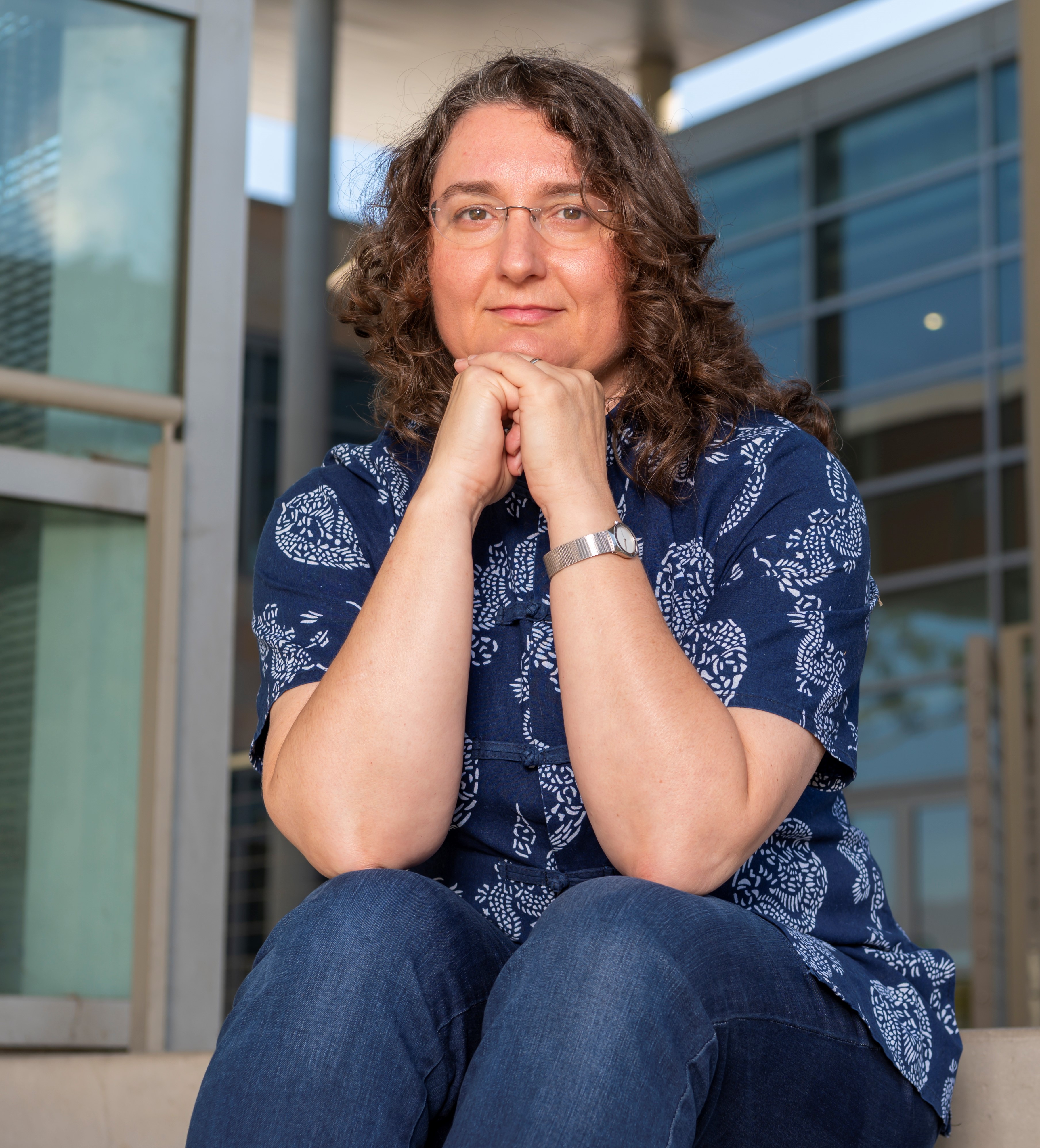A Boulder Scientific Distinguished Lecture
About the Talk:
Heterogeneous catalysts are indispensable in large-scale chemical processes. Adapting catalysts optimized for converting fossil-fuel-derived molecules to handle renewable carbon is a major challenge, imposed by differences in volatility and solubility. The kinetics of liquid phase transformations promoted by heterogeneous catalysts are complicated by partitioning of solvents, reactants, and products between the bulk liquid phase and solid-liquid interface, which may involve confinement in micro and/or mesopores. We probe these effects by quantifying the molecular composition and structure at the interface while simultaneously observing the kinetics of catalytic reactions, using operando magic-angle-spinning NMR spectroscopy. This approach sheds light on the origin of activity and selectivity trends, as well as changes in mechanism, arising from covalent and non-covalent interactions.
About the Speaker:
Scott received her Ph.D. in Inorganic Chemistry from Iowa State University, under the direction of Jim Espenson and Andreja Bakac, on the activation of O2 and transition metal-catalyzed oxidation mechanisms. She was a NATO Postdoctoral Fellow with Jean-Marie Basset at the Institut de recherches sur la catalyse (CNRS) in Lyon, France, before joining the faculty of the University of Ottawa (Canada) and was named a Canada Research Chair there. In 2003, she moved to the University of California, Santa Barbara, where she currently holds the Duncan and Suzanne Mellichamp Chair in Sustainable Catalysis. She has joint faculty appointments as a Distinguished Professor in both Chemical Engineering and in Chemistry & Biochemistry. She is an Associate Editor for ACS Catalysis, a member of the Board of Reviewing Editors for Science, and a member of Scientific Advisory Boards at the Fritz Haber Institute, SUNCAT, SSRL, NREL, JBEI, Ames Lab, and PNNL. Her research interests include the design of heterogeneous catalysts with well-defined active sites for the efficient conversion of conventional and new feedstocks, as well as environmental catalysts to promote air and water quality. She develops new kinetic and spectroscopic methods to probe reaction mechanisms. In 2014, she founded the Mellichamp Academic Initiative in Sustainable Manufacturing and Product Design at UC Santa Barbara, where she now leads an interdisciplinary program in research and education involving about 30 faculty from chemistry, chemical engineering, materials, environmental science, industrial ecology, technology management, political science, economics, and science communication.



